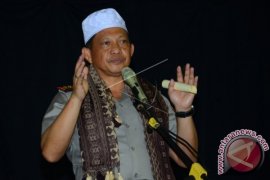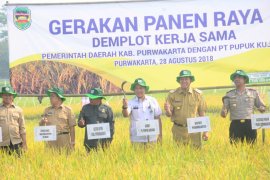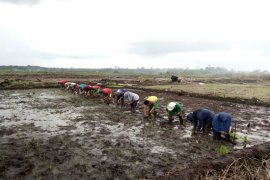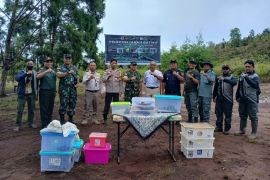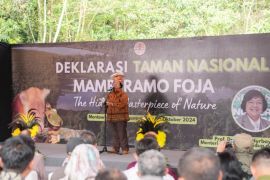The more frequent anarchist demonstrations in Papua, including those raising separatism issue was enough to urge Regional Police (Polda) of Papua to issue an edict regarding demonstration on 1 July 2016.
Such release received mostly negative responses from various groups in Papua. One of traditional leaders in Papua said that the release of the edict is a strategy to hinder the democracy in Papua. He further suggested that Polda Papua should not deter democracy practices and should give similar opportunities to every group in society to express their aspiration in public.
"All this time, there have been many negative views towards Indonesian Government because they limit the Papuan to express themselves publicly," he said.
Meanwhile, Markus Haluk declared that the free-Papua activists in Papua and West Papua will ignore the edict of Papua Police Chief. The circular issued on 1 July 2016 contains the ban on protests and withdrawal of the permission from the police to the supporters of Papuan independence in Papua and West Papua.
"The ban will increase sympathy for the struggle for independence. Papua Police Chief issued a circular to restrict actions in Papua," he said.
Meanwhile, one of the administrators of Komnas HAM Papua said that his side has asked the Papua Police to approach the groups that are considered having different understandings without repressing them, because it will not solve the problem. The local government, church institution, Komnas HAM, NGO agencies, should be able to approach this group, and should practice democracy by having discussion with this group.
"Komnas HAM of Papua sees three things in the edict issued by Papua Police Chief. First, the Papua Police identified several Papuan civil society organizations conducting demonstrations that raise political issues and carry the "forbidden" symbols. Second, the Papua Police wishes to advise the public that if they want to express themselves in public, it must be in accordance with Law No. 9 of 1998 containing some conditions that must be met. Third, the Papua Police wants to show to the public that if it is violated, there will be legal consequences, " he said.
An anonymous activist from Papua Legal Aid Institute (LBH) Said that the LBH appeals to the public lawyers and human rights groups to criticize the edict of Papua Police Chief, so that it does not become a tool of legitimacy for police apparatus to be repressive.
"The edict of Papua Police Chief targets specific groups, whereas in Law No. 9 of 1998, it is explained that the rights and duties in practicing democracy do not refer to or designate certain organization, so it is feared that the execution of the edict is not as expected because the supervision is still considered not professional," he said.
Hampering the ill intents
The issuance of the edict has received negative responses or even resistance from various groups in Papua. They are worried that the edict will be used to silence them in the democratic arena in Papua and potentially leads to human rights abuse.
Those who are resistant to the edict have a reasonable and strong enough legal argument. They assessed that the edict contains an article that was previously repealed by the Constitutional Court because it is not in accordance with Law No. 9 of 1998 on Freedom of Expression in Public. Moreover, they have observed that this edict is targeting certain groups that support separatism in Papua.
I believe, although the resistance is quite extensive, this strategic measure of Papua Police to issue the edict is correct and required because there have appeared some ill or bad intentions from supporters of separatism in Papua, as connoted by Markus Haluk that they plan to always use violence in the protests due to various objectives, namely creating instability in the region, defaming the government and internationalizing the Papua issue.
In order to minimize anarchist protests that still often occur in Papua, the challenge for local authorities is to promote social welfare approach rather than security approach, including intensifying socio-cultural approach and empowerment of local economy, as well as organizing a constructive dialogue or reciprocal communication with the prominent figures such as traditional leaders, youth leaders, women leaders and religious leaders.
*) The author is the Alumni of Padjajaran University (Unpad), Former Director of Mass Communication in Lembaga Analisa Politik dan Demokrasi, Jakarta. Residing at Cirebon, West Java.
The Urgency of the Edict Regarding Demonstration in Papua
Rabu, 17 Agustus 2016 6:10 WIB
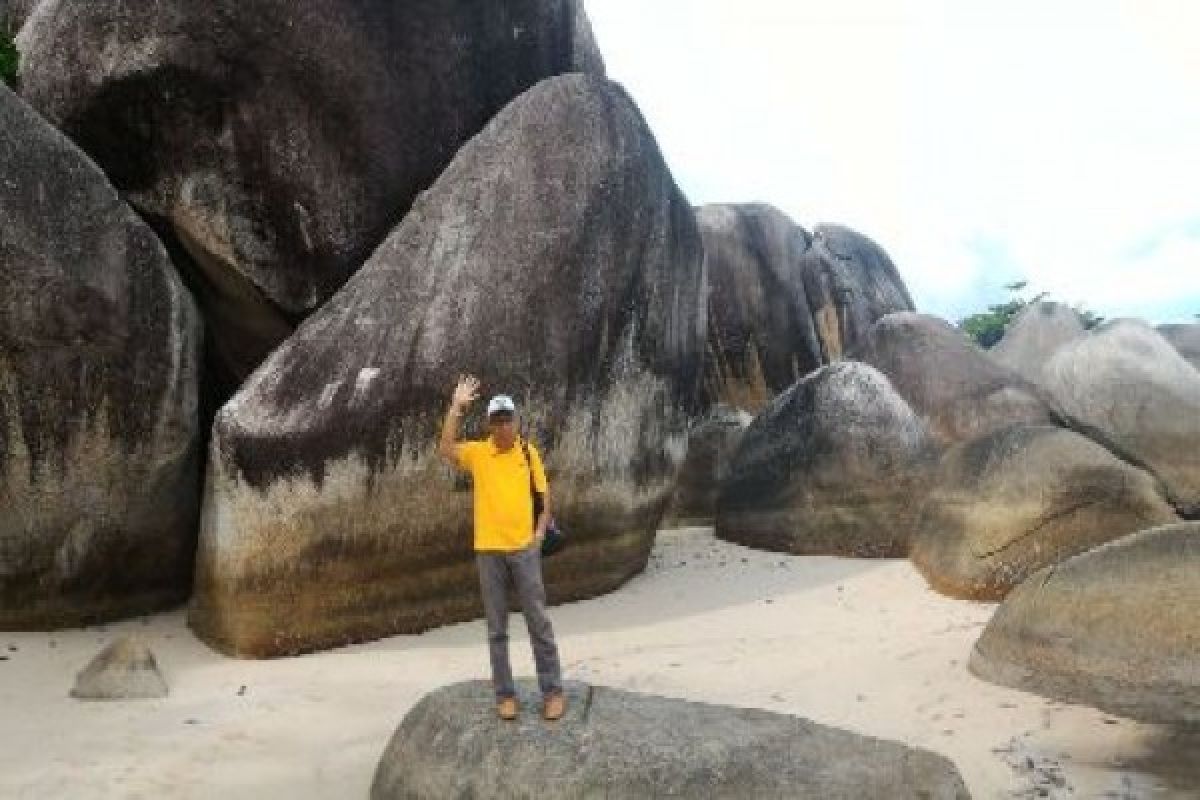
Kurniadi. (ANTARA FOTO/Dokumentasi-Pribadi/Doc).
The challenge for local authorities is to promote social welfare approach rather than security approach.


